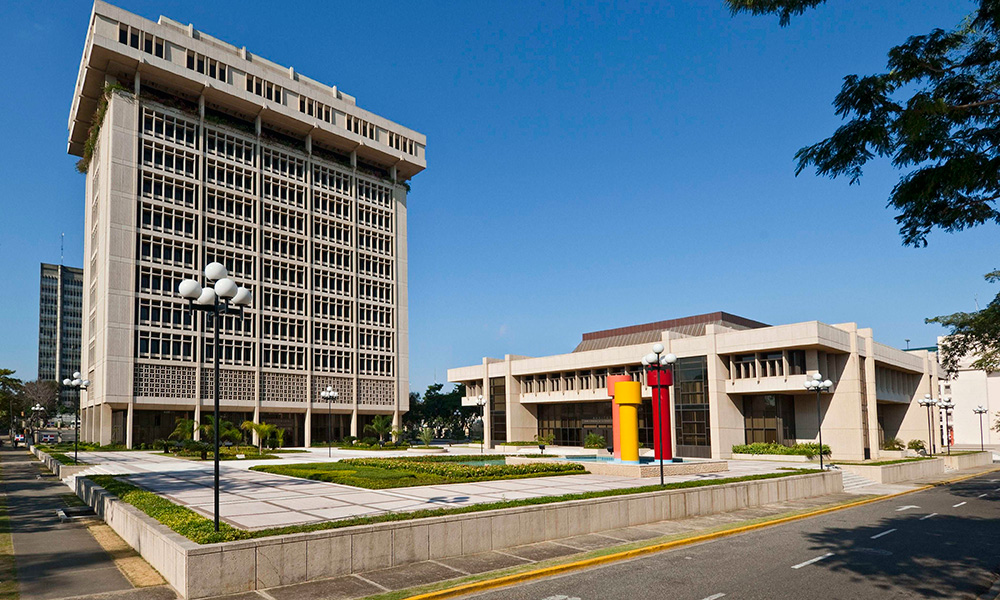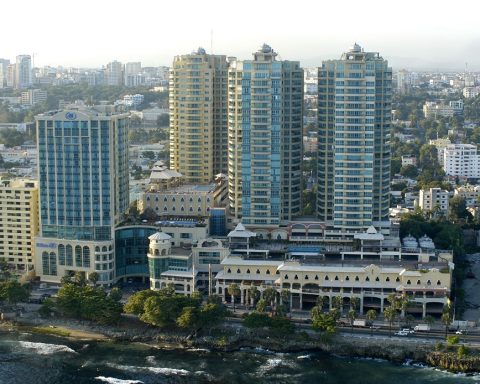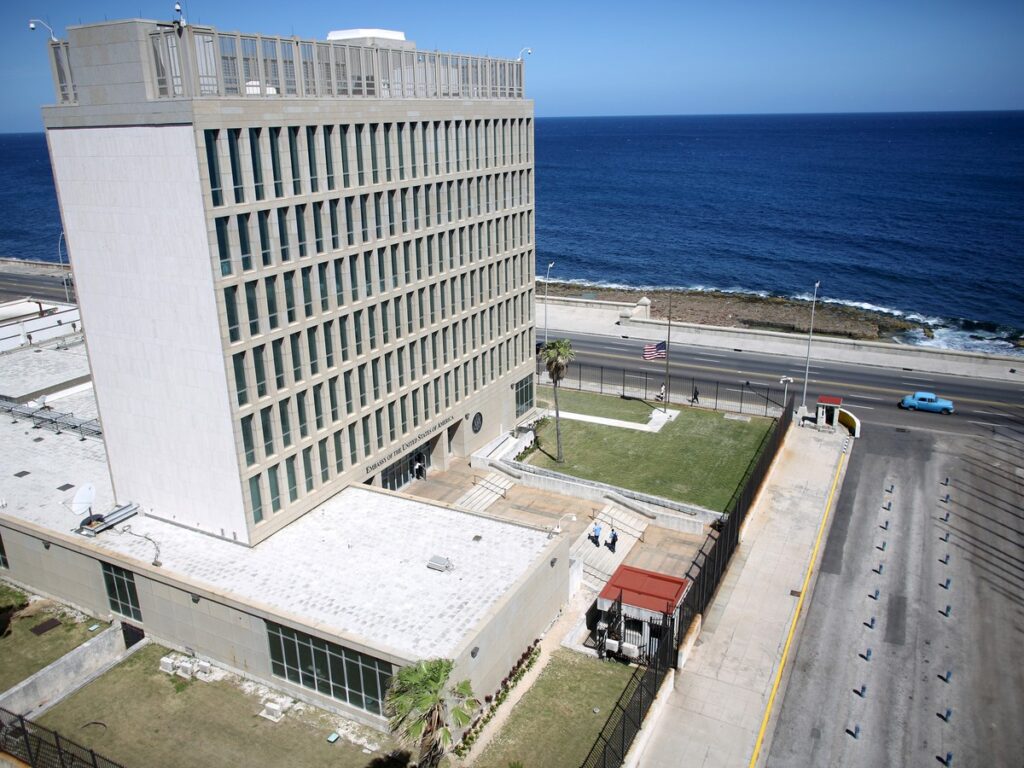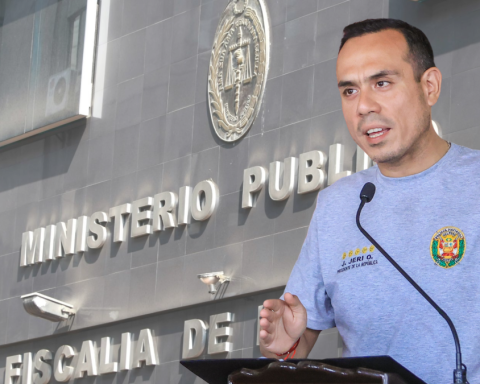Without the credit payment flexibility measures applied in the Dominican Republic during the pandemic, more than 20 percent of households would not have been able to honor their bank loans.
According to a report by the Inter-American Development Bank (IDB), these relaxations benefited the country’s households. “Without them, more than 20 percent of households would not have been able to pay their loans,” he says.
The multilateral credit organization issued a new economic report entitled “In search of better borrowing conditions for companies and households”, which indicates that the public policy measures implemented by the countries of Central America and the Dominican Republic, such as the moratorium on the payment of loans and regulatory flexibility, had an effect to mitigate the increase in delinquency and the fall in bank credit for companies and households in the region during the covid-19 pandemic.
The 99-page, five-chapter report indicates that “as a consequence of the economic contraction caused by the pandemic, restrictions on commercial supply chains, and smaller-scale tourism, the countries of Central America, Mexico, Panama, and the Dominican Republic they were faced with a severe challenge in their economies.”
“Credit represented one of the tools to mitigate the effects of the crisis for millions of households and businesses,” he says.
The report indicates that credit to the private sector, particularly to households, recovered in 2021. Between 20% and 43% of households in the region received payment flexibilities for their loans in May 2021, which was decisive for the payment of debt installments, helping to mitigate the permanence in overdue portfolio.
The IDB specifies that on average -in the region- the financial burden of households is moderate, and they allocate around 15 percent of their income to pay the debt. “However, it is appropriate to highlight that more than half of the households in most of the countries of the region indicate that they do not have debt, which could indicate that financial inclusion continues to be a medium-term development challenge for the countries. mentioned in the report. In this sense, the social protection initiatives and the creation of new assistance programs developed during the pandemic to deliver aid, such as the opening of bank accounts and electronic payment systems that advanced banking, have favored financial inclusion” .
Expenditure earmarked for the health component
The report highlights that the results show that, among households with similar characteristics, those that are over-indebted face greater spending on health since they are more likely to receive medical treatment. “All this indicates that the provision of financial education programs is key to promoting the responsible and informed use of credit instruments and avoiding over-indebtedness,” says the IDB.

















